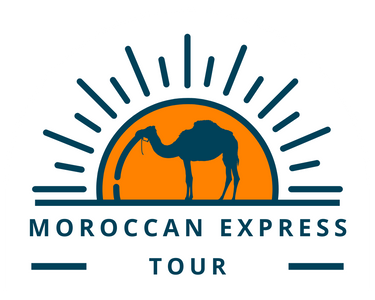FAQ
Learn Something About Our Services And More
Method Of Payements
A 30% deposit is required to confirm the reservation and secure the space. Payment is accepted by credit card or bank transfer. Or payment online, the rest be paid when you arrived . For payment by credit card an additional 5% will be charged.
Travel Tips
Travelers are required to possess a valid, signed passport that remains valid for at least six months after the conclusion of their trip. Entry with an identity document is not permitted. It is the responsibility of each traveler to ensure they have obtained all necessary documents for entry into Morocco.
Healthy & Security
Basic Medications: We recommend bringing common medicines with you, including paracetamol, an antibiotic for stomach issues, and probiotics. It’s advisable to minimize the consumption of cold foods and drinks with ice. No specific vaccinations are required
Best time to travel to morocco
Money Matters Currently
The local currency in Morocco is the Dirham (Dhs). While foreign currencies can be converted at most banks, it is not recommended to carry large amounts of cash. Pounds sterling, US dollars, or euros can be exchanged into the local currency at hotels, airports, or exchange offices. The exchange rate is relatively stable, and commission rates are low or non-existent.
ATM & Banks
ATMs are widely available in most cities, offering a secure and cost-effective way to withdraw money from a bank account or credit card (typically up to a maximum of 4,000 Dhs). However, it can be challenging to locate ATMs that are compatible with your card in smaller towns and rural areas. Travelers are advised to ensure they have enough cash on hand to cover their expenses until they reach the next major city.
Banks in Morocco typically operate from Monday through Friday, between 08:30 and 16:00.
Local Custom
As is customary in foreign countries, it is important to demonstrate respect for local customs when visiting Morocco. While urban areas may exhibit significant Western influences, rural regions still uphold traditional values and crafts.
To ensure cultural sensitivity:
•Always seek permission before taking photographs of local people, as it can be considered offensive otherwise.
•When visiting mosques or other religious sites, it is essential to dress conservatively. Both men and women should cover their arms, legs, and shoulders. Women are required to cover their heads with a scarf when entering a mosque.
Tips
Tipping is a common practice in Morocco, and while the amount may vary based on individual preferences, it is generally recommended as a way to ensure excellent service.
